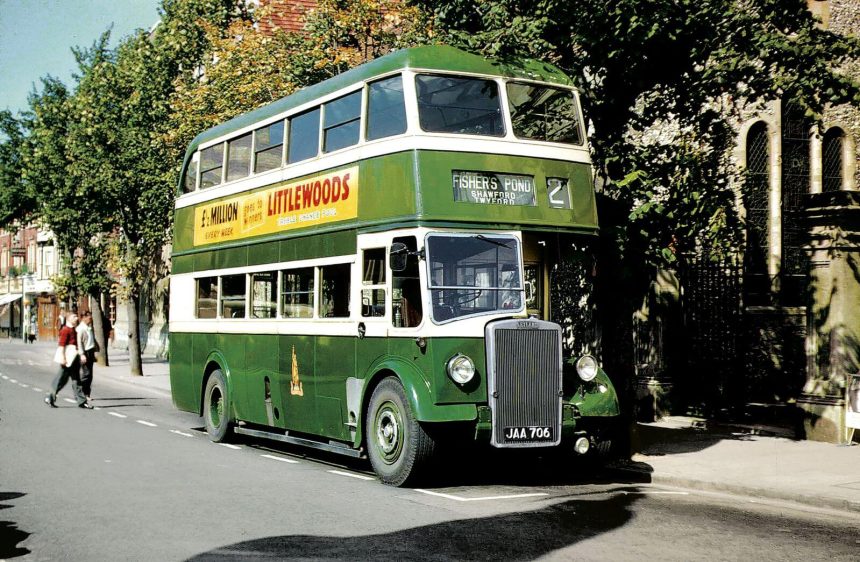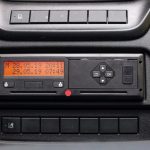Vintage coach and bus restorers have welcomed changes announced yesterday by DVLA that are designed to make the process of renovating and registering vehicles easier.
Taking effect on 26 August, like-for-like repairs and restorations will no longer need to be reported to DVLA. In addition, more modified vehicles will be able to retain their original identities.
The removal of that need to notify DVLA will be “providing the vehicle’s appearance is the same as when it was originally manufactured and there are no changes to the log book”.
Vehicles that have undergone significant structural modifications – including those that have been converted to electric – will be able to keep their original Vehicle Identification Number and registration number, but the registered keeper must notify DVLA of the changes.
Minister for the Future of Roads, Lilian Greenwood, says: “We know how much love, time and effort goes into keeping classic cars – and we’re right behind the community.
“These changes are about cutting red tape and making life easier for enthusiasts, whether you’re restoring a vintage gem or converting it to electric.
“It’s all about celebrating the UK’s amazing motoring heritage and helping the industry thrive well into the future.”
Douglas Robertson, Chair of the Management Committee at the Scottish Vintage Bus Museum, says: “The statements from both the Minister and the DVLA offer reassurance to our members, and the wider preservation movement, that we can continue to restore our heritage vehicles to the road operating under their original identities.
“Some of the changes discussed earlier in this process had caused concerns about what it might mean for significant restoration projects in the future. I’m glad to see that common sense has prevailed.”
Also welcoming the news was Friends of King Alfred Buses (FoKAB), which preserves heritage vehicles which served Winchester’s former bus operator.
James Freeman, Chairman of FoKAB, says: “This is great news from government! Retaining original registrations is really very important to the authenticity of historic vehicles.
“FoKAB will be delighted with these changes. On the face of it, they are a refreshingly realistic improvement to the rules, reflecting the realities of present-day vehicle restoration and making it easier to maintain the identity of vehicles that are subject to very substantial rebuilds, not least our very rare 1950 Leyland/MCW Olympic HR40 integral, which we are now starting to restore after the disastrous fire of 2023.
“The rebuilt vehicle, while inevitably containing a lot of new material, will when completed be built in the shape and form that it had when new.
“These new rules mean that there is now no doubt that it retains its original identity as JAA 708. This will be a great relief for the generous people who are donating their money to fund this important project.
“When, last year, we all responded to the extensive questionnaire from government, many feared, not unnaturally, that the rules might be made more complex and difficult to work with. The reality seems to be quite the opposite. While the devil often lies in the detail, it feels like the government has listened to us all and made a good job of these new rules, which are therefore very welcome.”
























